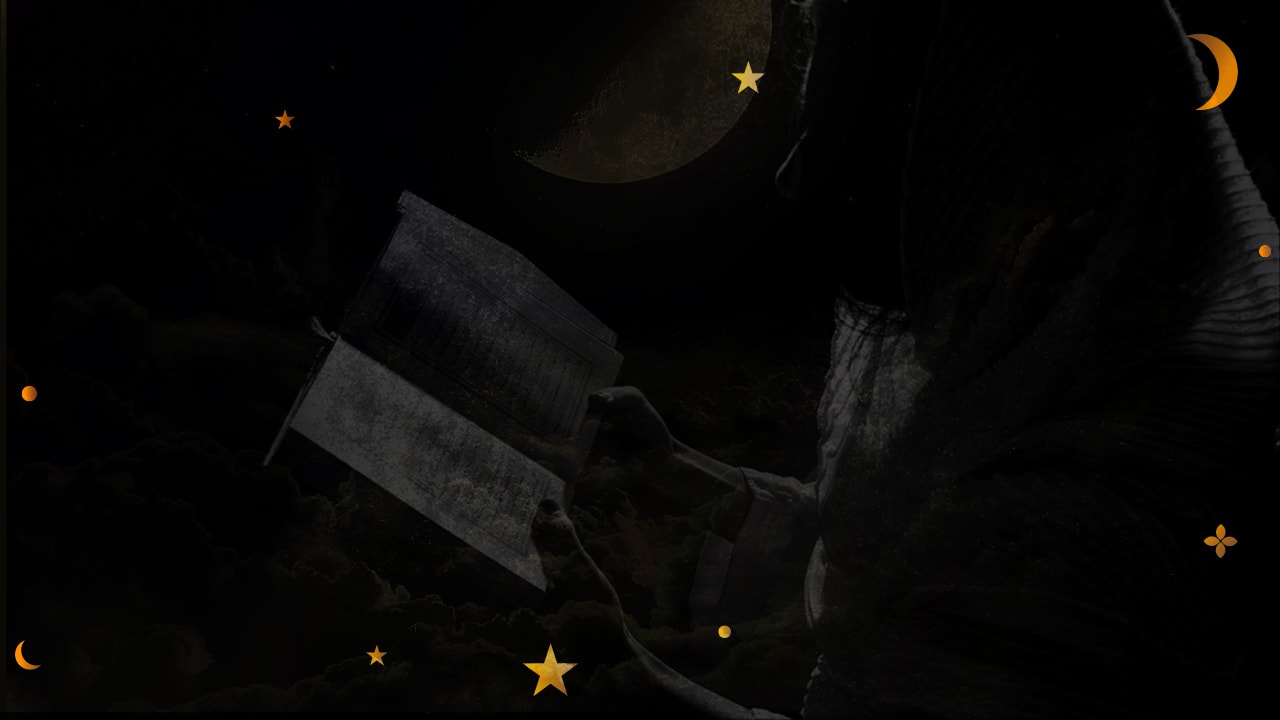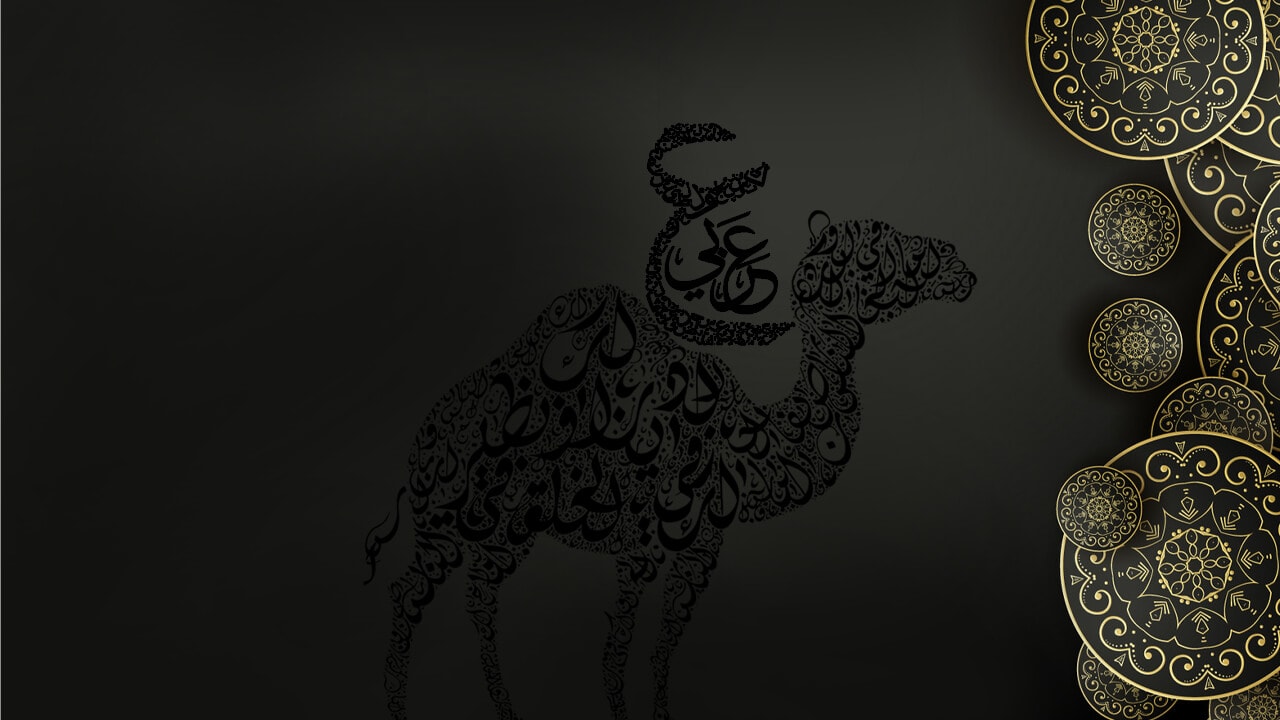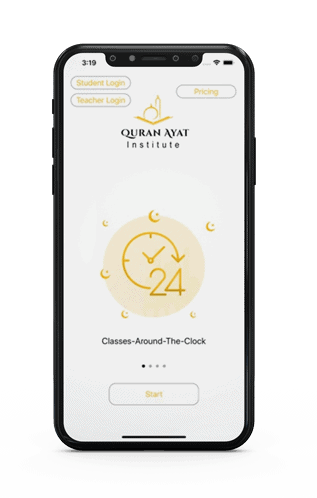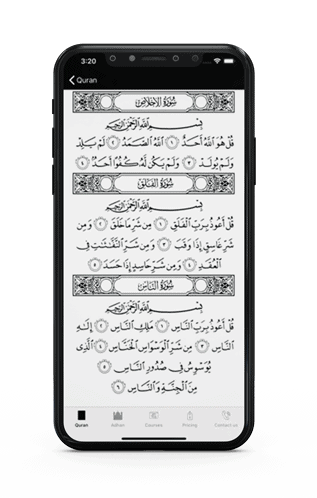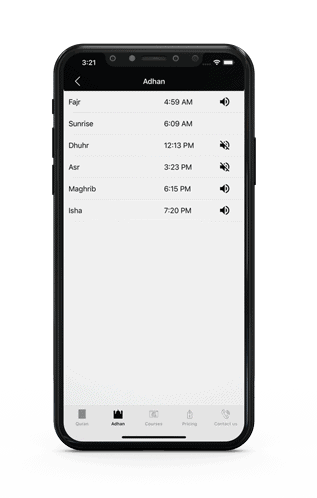Learn ten Qirat online at Quran Ayat with best teachers online from Egypt. Quran Ayat Institute facilitate interested students with this opportunity.
Lets have a short introduction to these ten Qirat.
In Quran, Qira’at, literally means the readings, and terminologically means the method of recitation of the Holy Quran.
Traditionally, there are 10 recognized schools of Qira’at, and each one derives its name from the famous reader of the Holy Quran recitation.
It is necessary to understand what are the 10 Qirat before you join to learn ten Qirat online.
What are the Ten Qirats?
Ten Qirats are not like different voices and different styles, rather these are slight differences in pronunciation, letters and Harakat.
It is like comparing two different books of Quran and you find differences between them.
To know this clearly, we need to go back to the times of Prophet (PBUH) and Islamic history .
People in the times of Prophet Muhammad (PBUH) were illiterate, and they have their own dialect of their own tribe like any other language.
Like in case of English of British and American.
It has differences of spelling and pronunciation.
Same was the case for that time that they have different like dialect of Quraish which was the tribe of Holy Prophet (PBUH), dialect of Yaman, dialect of Hudair and many more.
These dialects have slight differences but without change in the meaning.
Within the Qira’at, there are two categories:
- Mutawatir: The transmission which has independent chains of authorities so wide as to rule out the possibility of any error and on which there is consensus of Ulema of that time.
- Mashhur: these are slightly less wide in their transmission, but still so wide as to make error highly unlikely to happen.
There are 7 Mutawatir Qira’at:
1) Nafi’ (d. 169/785)
2) Ibn Kathir (d. 120/737)
3) Abu ‘Amr ibn al-‘Ala’ (d. 154/762)
4) Ibn ‘Amir (d. 154/762)
5) ‘Asim (d. 127/744)
6) Hamza (d. 156/772)
7) al-Kisa’i (d. 189/904)
There are 3 Mashhur:
1) Abu Ja’far (d. 130/747)
2) Ya’qub (d. 205/820)
3) Khalaf (d. 229/843)




